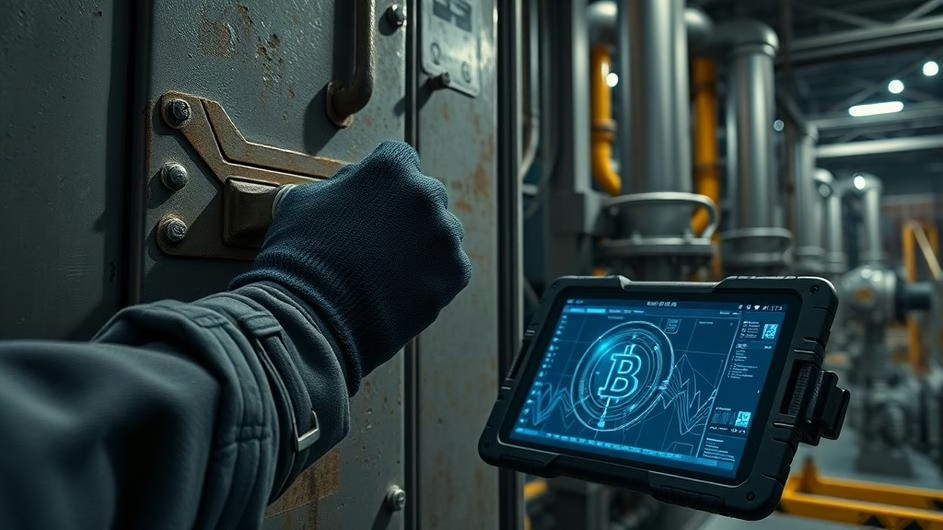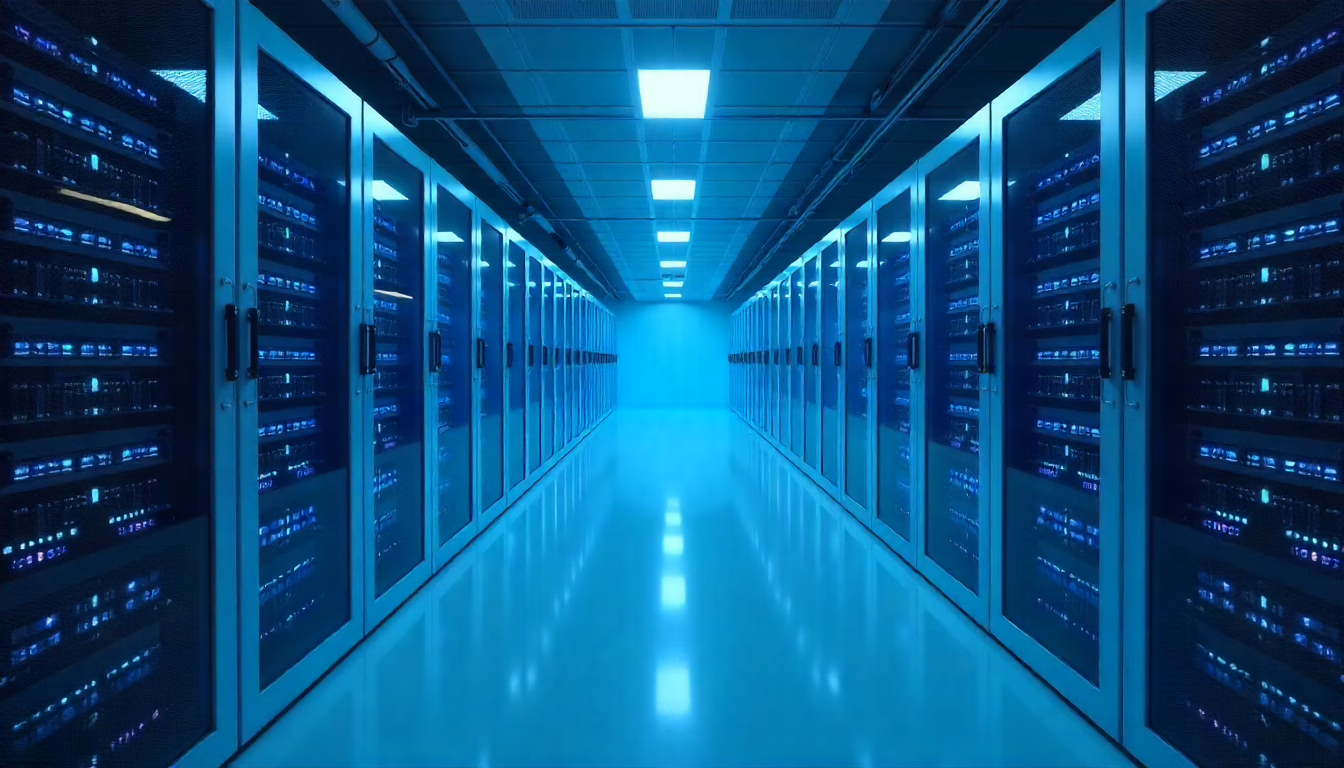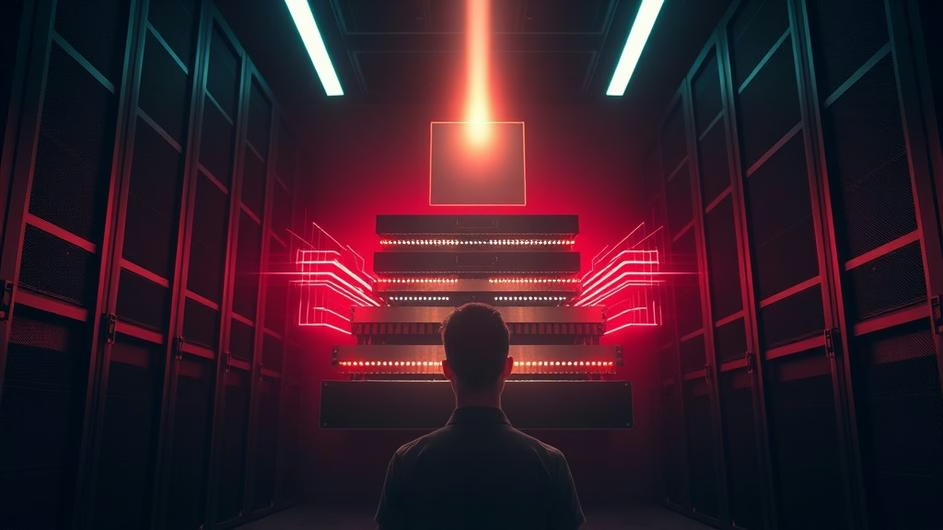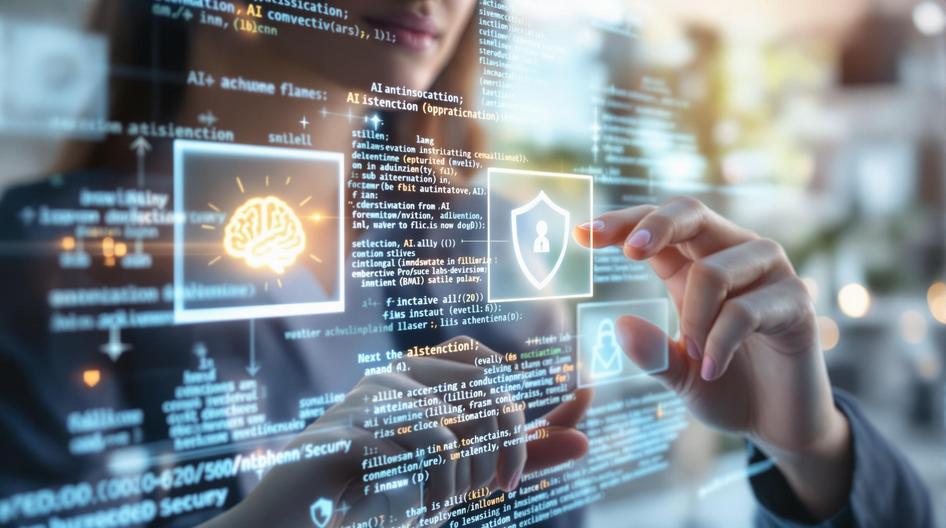
Securing the Digital Grid: Why Cybersecurity is the Cornerstone of Modern Infrastructure
While smart tech adoption accelerates across energy grids and urban infrastructure, a quieter but equally critical revolution is taking shape. Cybersecurity has evolved from a back-office IT concern into the defining challenge for our interconnected digital economy. For tech innovators, blockchain developers, and crypto investors, this shift represents both opportunity and existential risk.
The stakes couldn’t be higher. Digital transformation has turned power grids, city services, and financial infrastructure into potential attack vectors. Every smart contract deployment, every DeFi protocol launch, every IoT device connection creates new entry points for sophisticated threats. The question isn’t whether cyber attacks will happen, but how prepared the tech ecosystem is to defend against them.
Energy Infrastructure Becomes a Tech Battleground
Solar panels and battery storage systems aren’t just changing how we generate power. They’re creating vast networks of connected devices that blur the lines between traditional utilities and tech infrastructure. According to CleanTechnica, the threat landscape now includes everyone from nation-state actors to criminal organizations targeting these digitized energy systems.
What’s particularly concerning for the tech community? Many of these grid technologies contain undocumented communication devices, often sourced globally from regions like China. This creates supply chain vulnerabilities that mirror concerns in the semiconductor and cloud computing sectors. The parallels to broader cybersecurity challenges facing tech companies are unmistakable.
For crypto miners and blockchain infrastructure providers, this trend is especially relevant. Mining operations increasingly rely on renewable energy sources that integrate with these same vulnerable grid systems. A successful attack on energy infrastructure could disrupt not just power supply, but entire blockchain networks that depend on consistent electricity.
Smart Cities, Smarter Targets
Local governments managing everything from water systems to public transportation have become prime cyber targets. The newly formed Local Government Cybersecurity Alliance recently issued guidance that reframes cybersecurity as a public safety imperative, not just an IT issue.
This shift matters for tech companies building smart city solutions. Whether you’re developing IoT sensors, payment processing systems, or augmented reality applications for municipal services, cybersecurity can’t be an afterthought. Cities are learning that poor digital security doesn’t just cause service outages. It destroys public trust, the foundation of any successful tech deployment.
The implications extend to Web3 and crypto adoption. Smart cities exploring blockchain-based voting systems, digital identity solutions, or cryptocurrency payments need robust security frameworks. Without them, high-profile breaches could set back municipal crypto adoption by years.
The Confidence Gap That’s Costing Trust
Here’s where things get interesting. A recent UK survey revealed that 94% of business leaders feel confident about their cybersecurity readiness, yet the public remains deeply anxious about data privacy. This disconnect is particularly pronounced in industries like hospitality, where executives prioritize brand reputation over security investments.
For the crypto industry, this confidence gap represents a massive challenge. While exchanges and DeFi protocols may feel secure in their technical implementations, user trust remains fragile. Every major hack, every smart contract exploit, every wallet breach reinforces public skepticism about digital assets.
The solution isn’t just better security. It’s better communication about security. Crypto wallet providers and blockchain platforms that can transparently explain their security measures, incident response procedures, and user protection policies will have a significant competitive advantage.

Intentional Defense in an Asymmetric World
Cyber experts are increasingly talking about “intentional” security strategies. As one cyber expert explained, today’s attackers don’t need massive resources. They use asymmetric tactics, targeting smaller, less-defended organizations that can provide access to larger networks.
This reality hits close to home for crypto startups and blockchain developers. You might be building the next breakthrough DeFi protocol, but if your development environment, third-party integrations, or team’s personal devices are compromised, your entire project becomes vulnerable.
The FBI and cybersecurity integration centers recommend a risk-based approach: identify your most critical assets and protect them with layered defenses. For crypto companies, this means securing private keys, protecting smart contract deployment processes, and hardening the infrastructure that supports blockchain networks.
AI Changes the Security Game
Artificial intelligence is transforming cybersecurity in ways that directly impact the tech sector. Security experts like Steve Durbin highlight how AI systems can now detect and even autonomously fix certain vulnerabilities. But there’s a catch: threat actors are using the same AI tools to enhance their attacks.
For AI agents and automated systems becoming central to crypto trading, DeFi protocols, and blockchain infrastructure, this creates new attack vectors. Smart contracts might be mathematically secure, but if the AI systems that interact with them are compromised, the entire ecosystem becomes vulnerable.
The arms race between defensive and offensive AI capabilities will likely define the next phase of cybersecurity evolution. Tech companies that understand this dynamic and build AI-resistant systems will have a crucial advantage.
Building Security into Tomorrow’s Tech Stack
What does this mean for developers, investors, and tech leaders? Cybersecurity can’t be bolted on after the fact. Whether you’re building the next generation of smart contracts, developing IoT devices, or creating platforms for digital asset management, security must be foundational.
This applies to the entire tech ecosystem. Cloud infrastructure providers are implementing more sophisticated threat detection. Hardware manufacturers are building security into chips at the design level. Software developers are adopting “security by design” principles from day one.
For the crypto and blockchain sector specifically, this evolution creates opportunities. Projects that can demonstrate robust security practices, transparent incident response capabilities, and proactive threat mitigation will attract institutional investors and enterprise clients who prioritize risk management.
The Path Forward
Cybersecurity is becoming the invisible infrastructure that enables innovation. Just as reliable electricity powers our devices and stable internet enables global communication, robust cybersecurity makes advanced tech adoption possible.
The companies and projects that recognize this reality are already adapting. They’re investing in security talent, implementing comprehensive threat detection, and building trust through transparency. They understand that in an interconnected world, security isn’t just about protecting individual systems. It’s about preserving the digital foundation that makes modern tech innovation possible.
For tech professionals, this represents both challenge and opportunity. The cybersecurity skills gap continues to grow, creating demand for professionals who understand both traditional security and emerging technologies like blockchain, AI, and IoT. The next wave of tech innovation will belong to those who make security and trust core features, not afterthoughts.
Sources:
- “Solar & Storage Succeed When Cybersecurity Leads” – CleanTechnica, October 16, 2025
- “Newly Established Cyber Alliance Issues First Report” – GovTech, October 13, 2025
- “Steve Durbin – SecurityWeek” – SecurityWeek, October 14, 2025
- “94% of UK business leaders are confident in their cyber-response despite uptick in debilitating attacks” – Intelligent CISO, October 16, 2025
- “Be Intentional About What You Protect, Cyber Expert Says” – GovTech, October 15, 2025








































































































































